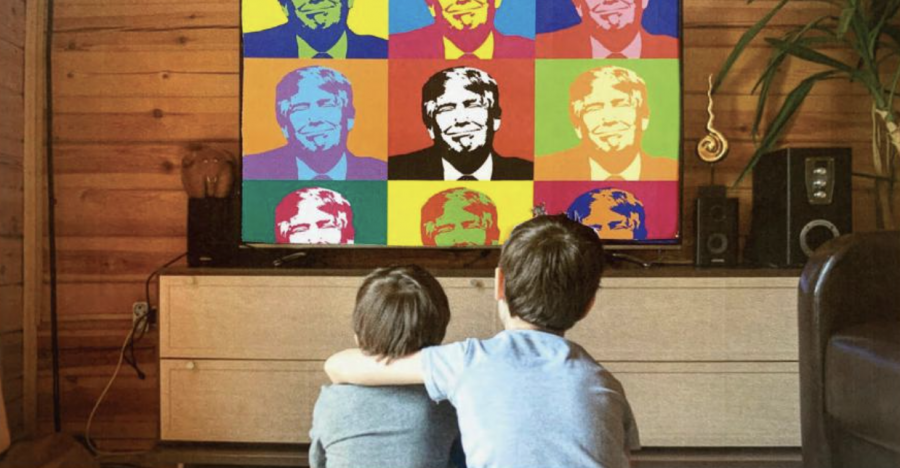What are We Teaching Our Children?
March 2, 2021
“I am so scared for my future” is a thought that crosses my mind at least five times a day. This concern does not stem from a place where I am concerned about my own choices, but the choices of our government and role models. When you think about it, you can only control your future to a certain extent; the rest is left for public officials to decide. When so many of these supposed role models are committing reprehensible actions, such as sexual assault, the public tends to turn a blind eye. This leaves me to wonder, “How can we teach people sexual assault is wrong, if we elect leaders who don’t appear to think the same?” Personally, I am unable to answer this question, which leads me to think about the deeper problems we have in our society: how so many young people can be swayed morally by the political figures they look up to.
A growing amount of our public officials have sexual assault allegations. This leads me to wonder, “Why are so many girls taught to be cautious of sexual assault?” At a young age my parents and teachers taught me never to let somebody take me to a secondary location, scream loudly when somebody relentlessly approaches me, and where to hit so that hopefully, I could have time to get away and prevent what seems to be the inevitable. I have grown up knowing that I should never walk alone at night, this fact being emphasized to such a strong degree that I am weary of going out at night at all. Nevertheless, what are we teaching the boys? It seems much more prudent that boys should be taught the same actions, as well as about rape and consent. However, the problem does not always lie with the moral standings of boys themselves, but the society by which they are surrounded. The journal Violence and Gender states that “Roughly a third of male college students do not know what actually constitutes rape.” All of this comes back down to my one question: How are we supposed to change awareness about this topic, when the people determining education towards it, the ones creating the laws in relation to this, and being role models for children, are ones committing these acts themselves?
It may be easy for some to see these assault allegations as political propaganda or dismiss them under the belief that if this action is true, how would that person be in power? But, despite political ideology, it can be hard to agree with these politicians from a moral standpoint. Donald J. Trump, former President of the United States of America, quoted by NBC, declared, “You know I’m automatically attracted to beautiful — I just start kissing them. It’s like a magnet. Just kiss. I don’t even wait. And when you’re a star, they let you do it. You can do anything … Grab them by the pussy. You can do anything.” This same person who holds at least twenty-six sexual misconduct allegations against him, according to business insider, has also stated “Nobody has more respect for women than I do. Nobody. Nobody has more respect.” Here we can see the blurred lines on a significant role model for children and wonder how the first statement could truly be representative of respect for women. It is hard to be directly frustrated at younger boys when the person representing the whole of the United States is not encouraging any disapproval of sexual assault on their impressionable minds.
To take the conversation away from just one man onto the whole political field, in January of 2020, ABC News published an article after The Associated Press tallied at least 100 different law makers with sexual misconduct allegations directed towards them since 2017. In just three years, at least 100 politicians have been accused of committing these life-ruining actions towards women, but the actions towards them have been less than equal. While some may think that 100 sounds like a small number, I implore you to think about if these women impacted were your friends, parents, or even yourself. Think about how those hundred politicians could impact such a broad population of impressionable minds.
As I write this, I am not asking you to change your political opinions or alter your stance, I am simply coming from a moral standpoint. What can we expect from the future if these are our role models today?





